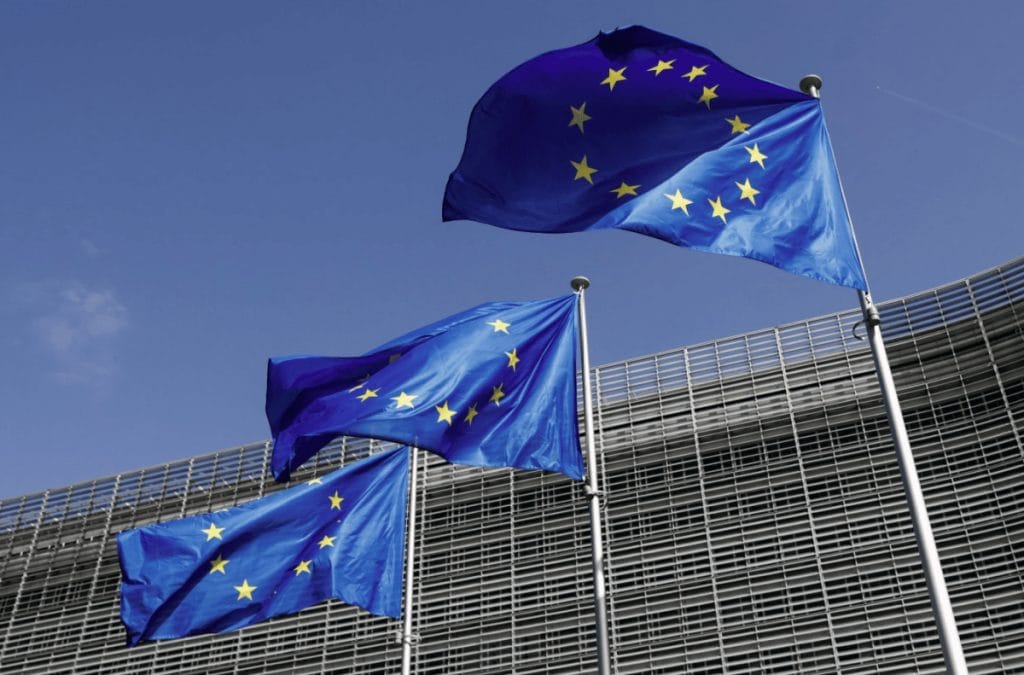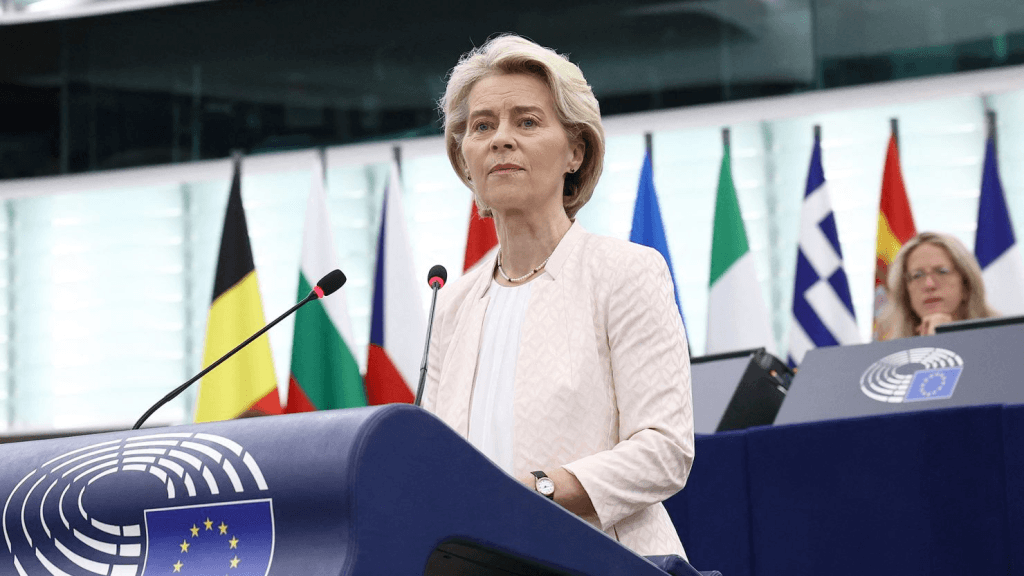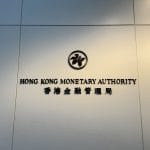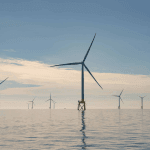EU Commits $16.9B for Africa’s Clean Energy Transition

• €15.5bn secured for Africa’s renewable energy expansion, led by the EU and South Africa
• Commitments include 26.8 GW of new renewable capacity and electricity access for 17.5 million households
• Pledging drive strengthens global momentum toward tripling renewable energy by 2030
A year-long effort to push fresh investment into Africa’s clean-energy systems closed this week with €15.5 billion in commitments, placing the continent’s infrastructure needs at the centre of Europe’s geopolitical and climate-finance agenda. The campaign was jointly led by European Commission President Ursula von der Leyen and South African President Cyril Ramaphosa, with Global Citizen coordinating the mobilisation effort and the International Energy Agency providing policy support.
A continental push backed by Europe
The European Union emerged as the dominant contributor, delivering more than €15.1 billion ($16.9 billion) of the total. The figure includes over €10 billion pledged by President von der Leyen on behalf of Team Europe as well as additional bilateral packages from Member States, European development banks, and mobilised private capital.
“Today, the world has stepped up for Africa. With €15.5 billion, we are turbocharging Africa’s clean-energy transition,” von der Leyen said. “Millions more people could gain access to electricity; real, life-changing power for families, for businesses, for entire communities. This investment is a surge of opportunity: thriving markets, new jobs, and reliable, clean energy that meets the needs of partners across the globe. President Ramaphosa and I both look forward to a clean-energy future for the continent. A future led by Africa, with strong support from its friend and partner, Europe.”

The Team Europe package incorporates new Global Gateway projects supported by Germany, France, Denmark, Italy, the Netherlands, and Spain. Institutional finance includes €2.1 billion from the European Investment Bank and €740 million from the European Bank for Reconstruction and Development. Bilateral contributions add a further €5 billion, led by Italy (€2.4 billion), Germany (over €2 billion), and the Netherlands (€250 million including FMO), alongside Portugal, Denmark, Sweden, Austria, and Ireland. The EBRD also confirmed a separate €600 million bilateral investment.
Commitments that shift the energy landscape
The campaign secured pledges that will enable 26.8 GW of new renewable energy generation and extend electricity to 17.5 million households that currently lack reliable supply. For African economies, the scale of new grid connections and renewable deployment directly intersects with industrial strategy, urban growth, and long-term decarbonisation.
The African Development Bank committed to allocating at least 20 percent of the African Development Fund’s seventeenth replenishment toward renewable energy. Norway added approximately €53 million through its contribution to the Fund for 2026–2028.
From the €10 billion pledged by von der Leyen on behalf of Team Europe, €3.1 billion had been announced previously across high-level moments throughout 2025, including the EU-South Africa Summit, the Mattei Plan for Africa and Global Gateway gathering, the Africa Climate Summit, the United Nations General Assembly, and the Global Gateway Forum. The remaining €7 billion was confirmed during the final pledging event in Johannesburg on 21 November.
In parallel, several Team Europe actors expressed intentions to increase renewable-energy investment by 2030, amounting to an additional €4 billion in expected commitments.
RELATED ARTICLE: Africa House: Unlocking Institutional Investment for Africa’s Future
Africa’s structural opportunity and persistent financing gap
Africa holds 60 percent of the world’s best solar resources, yet attracts only 2 percent of global energy investment. High capital costs, constrained supply chains, and geographic limitations continue to dampen investor appetite. With 600 million people still without electricity and the continent’s population projected to double by 2050, energy access is now inseparable from broader economic strategy and global climate goals.
The campaign connects directly to the international push to triple global renewable energy capacity and double energy-efficiency improvements by 2030, targets elevated at COP28. In practice, this requires pipelines of bankable projects, integrated regional power markets, and long-horizon capital capable of absorbing risk in growing economies.
What investors and C-suite leaders should watch
For investors, the €15.5 billion mobilisation is not only a financing event but a governance signal. Europe is anchoring Africa’s clean-energy ambitions within its Global Gateway framework, particularly through the Africa-Europe Green Energy Initiative, which aims to scale generation, transmission corridors, and cross-border trade. The partnership structure—combining multilateral banks, European DFIs, African institutions, and private capital—points toward blended finance becoming the dominant route for large-scale renewable projects on the continent.
The scale also reinforces Africa’s role in global climate arithmetic. Without accelerating clean-energy deployment across African economies, the world is unlikely to meet its collective emissions, resilience, and energy-access objectives.
A global moment for Africa’s clean-energy future
The pledging drive started in Rio de Janeiro in November 2024 and concludes at a time when competition for renewable-energy investment is intensifying across regions. Africa’s growing population, industrial ambitions, and solar potential position it as a critical arena for both climate and economic strategy.
Europe’s €15.5 billion commitment will not close the continent’s energy-investment gap. But it expands the pipeline, strengthens partnerships, and aligns African and European priorities more tightly with global transition pathways. The closing message from Johannesburg is clear: the energy future of Africa is central to the energy future of the world.
Follow ESG News on LinkedIn












